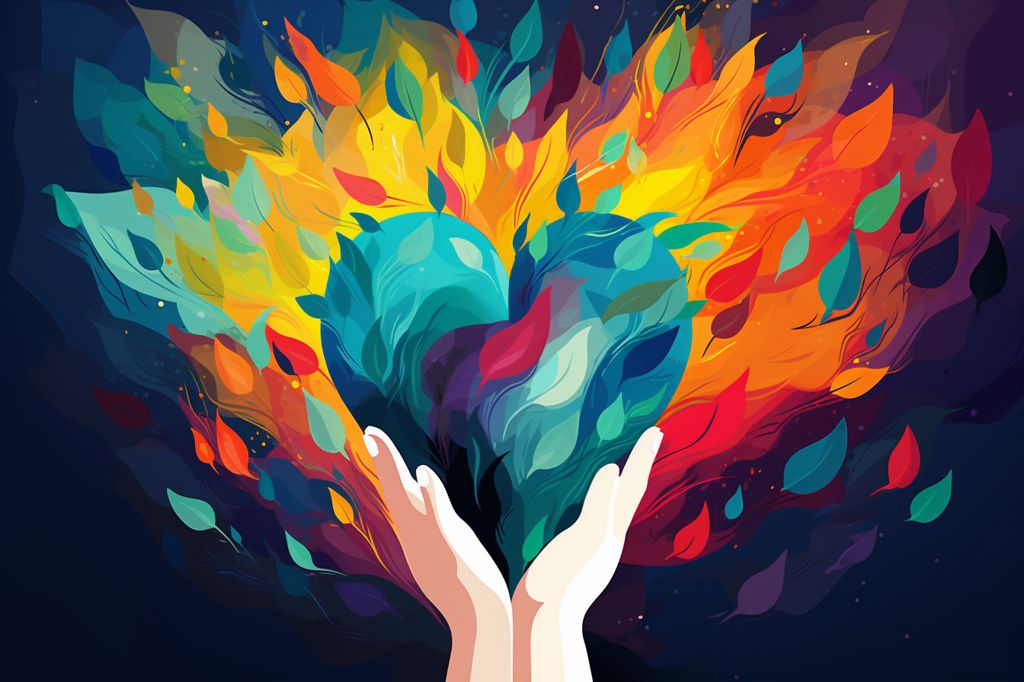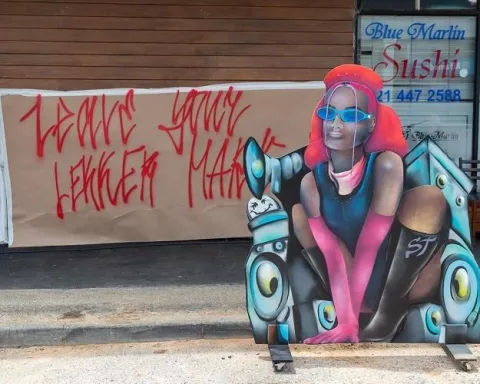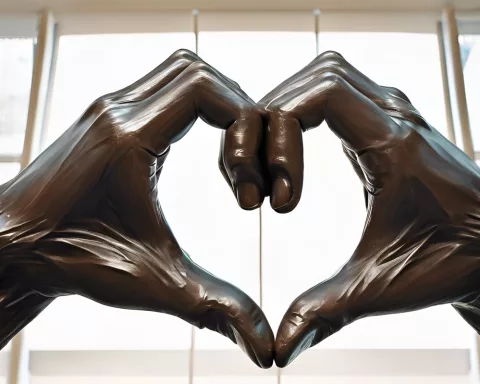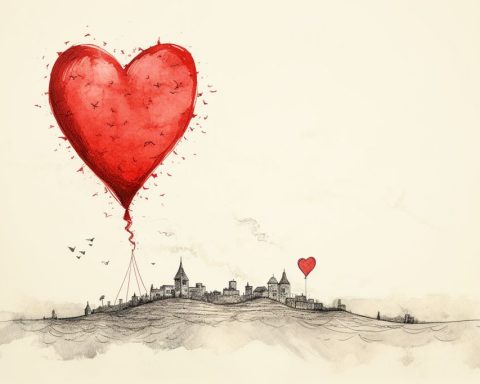A group of medical students from the University of Stellenbosch established the Save7 initiative, a non-profit organization, to increase awareness about organ donation in South Africa. With the help of artificial intelligence (AI), the group aims to convey its message to over one million South Africans by August’s end using AI algorithms.
The Inspiration Behind Save7
Jonty Wright, a third-year medical student, established Save7 after encountering hospital patients waiting for organs. Initially, he created a website to promote awareness, then developed an AI chatbot that could answer questions specific to organ donation in South Africa. This AI system, similar to ChatGPT, specializes in the field of organ donation.
Focusing on the Theme of “Multiplying Life”
Save7 noticed that awareness about organ donation was particularly low among younger generations. Therefore, the group decided to focus on the theme of “multiplying life” as a means to make the topic more accessible to the public. By doing so, they hope to engage people in conversations about organ donation without dwelling on the concept of death.
Additional Efforts to Support Organ Donation
Save7 also established the first renal patient support group at Tygerberg Hospital, which now has 50 members. The support group aims to provide education, guidance, and emotional assistance to those on dialysis. Save7 also collaborates with the Organ Donor Foundation of South Africa to facilitate online organ donor registrations. Through their website, Save7.org, individuals can register and leave a personalized message for their next of kin, which can then serve as a legally recognized testament of their commitment to donate their organs.
Addressing Gaps in South Africa’s Organ Donation Ecosystem
Save7 has developed backend data systems that streamline administrative processes involved in transplant referrals and patient support groups. To address gaps in South Africa’s organ donation ecosystem, including inefficient referral systems, poor patient support, and a lack of centralized databases, Save7 has partnered with VulaMobile to create a referral portal for doctors. The goal is to design a system that can be easily replicated and implemented by students, doctors, and transplant coordinators worldwide.
Providing a Basic Framework for Future Organ Donation Initiatives
Save7 treasurer Sachen Naidu explains that the organization is inspired by the principle of open-source software. They aim to provide a basic framework that can be adapted to various environments, offering structural and organizational templates that could prove beneficial for future organ donation initiatives across the continent.
Making an Impact on the Lives of Countless Individuals
With its innovative and diligent approach, Save7 hopes to break new ground in the realm of organ donation awareness and support. As a testament to the power of AI and a dedicated group of medical students, the organization is poised to make a profound impact on the lives of countless individuals in South Africa and beyond.












